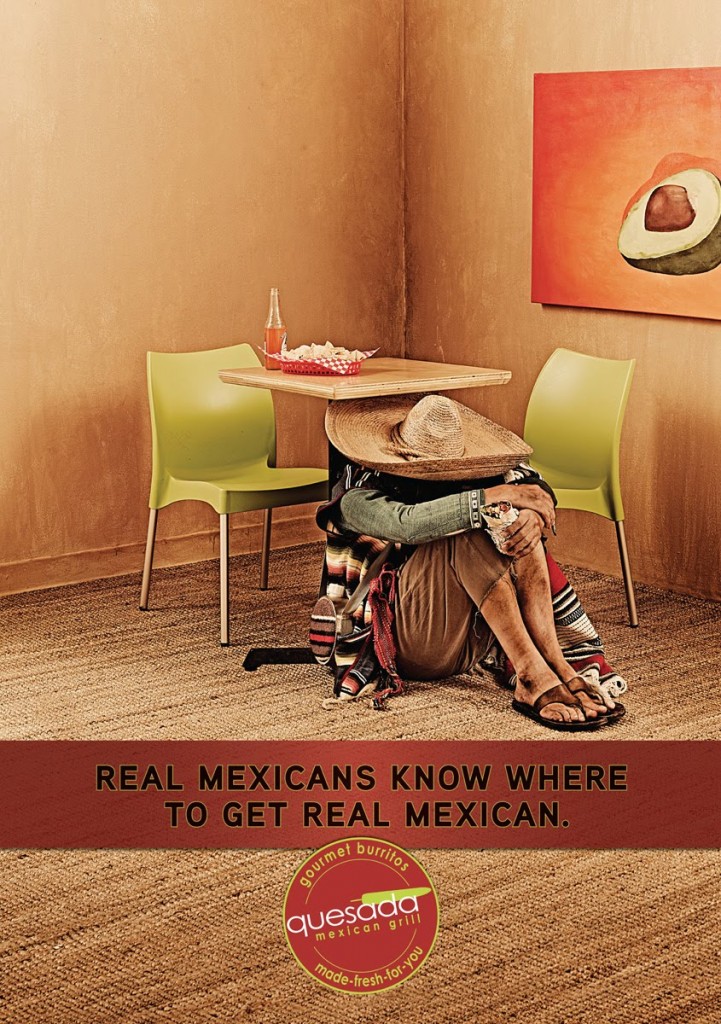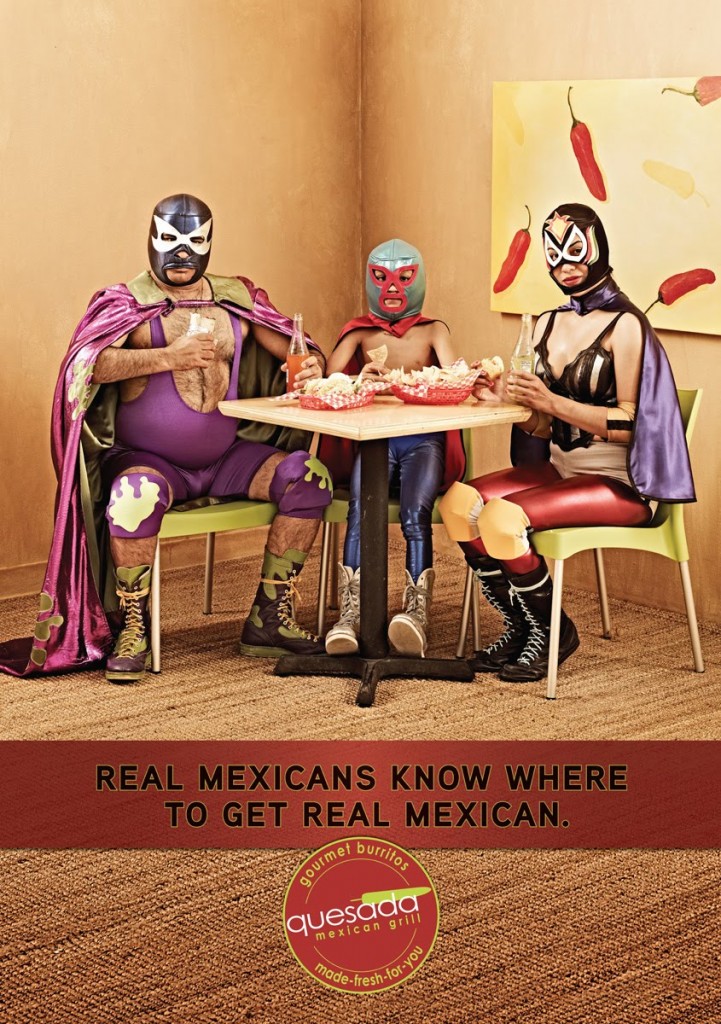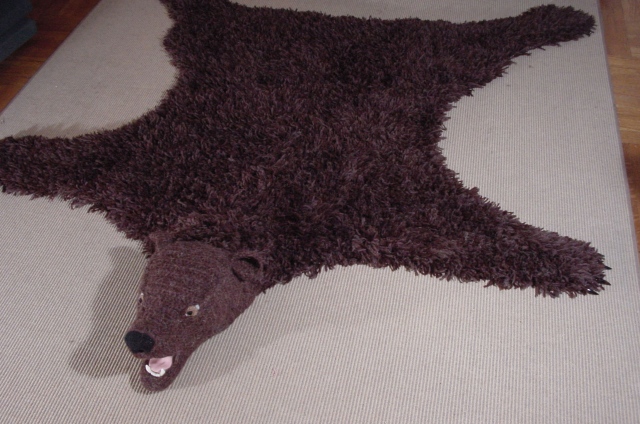Jessica B. sent in an excellent example of the way that symbols evolve. Language is just a set of symbols. The squiggles and lines that make up “cat” don’t look anything like a cat, but English speakers will know what it refers to.
And language, of course, evolves and sometimes that evolution has odd and unintended consequences. Consider all those companies, like Object Management Group, whose acronym, out of nowhere, had a new, blasphemous meaning.
Jessica’s example involves the new word, “lol,” which just happens to also be a symbol for drowning:
 (source)
(source)
She writes:
Lisa Wade, PhD is an Associate Professor at Tulane University. She is the author of American Hookup, a book about college sexual culture; a textbook about gender; and a forthcoming introductory text: Terrible Magnificent Sociology. You can follow her on Twitter and Instagram.This is a great example of the social construction of language and thus, the social construction of our reality. We, as a society, have agreed that “lol” has a meaning separate from itself and the overall accepted meaning of this symbol is laughter, as opposed to the original intended meaning of a person drowning. While this is a simplistic and comical example, it clarifies the results of differences between intended meaning and interpreted meaning, as well as indicating the importance of social construction of language and society as a whole.


















